Delhi wants artificial rain to tackle worsening air pollution
2 min readIndia’s capital territory of Delhi is keen to use artificial rain to fight air pollution this year, its Environment Minister Gopal Rai said on Tuesday, as deteriorating air quality in the region led to an increase in respiratory illnesses.
Large swathes of north India battle pollution each winter as cold air traps dust, vehicle emissions and smoke from farm fires in the breadbasket states of Punjab and Haryana, shrouding the national capital and its suburbs in a toxic haze.
Cloud-seeding — the method of triggering rain by seeding clouds with salts — was considered to curb pollution in 2023 too but the plan did not materialise due to unfavourable weather conditions.
“I appeal to the federal environment minister…now in Delhi and north India, the pollution has reached the border of 400,” Rai told reporters, referring to the air quality index (AQI) score on Tuesday.
“The next 10 days are quite crucial…help us get permission for artificial rain, call a meeting,” he said.
About a third of Delhi’s 39 monitoring stations showed a severe AQI score of more than 400 on Tuesday, a level which affects healthy people but is more serious for those fighting disease.
An air quality score of zero to 50 is considered good.
Doctors at private hospitals in Delhi and its suburbs said they had seen a spike in patients with respiratory illnesses since Diwali, the Hindu festival of lights celebrated last week, when revellers violated a ban on firecrackers.
“We are seeing more patients due to pollution related flare up of asthma, chronic obstructive pulmonary disease, and bronchitis. There is an approximately 20 per cent-30pc increase in patients,” said Prashant Saxena, senior director for pulmonology at Fortis Hospital.
At C K Birla Hospital in industrial hub Gurugram, doctors are seeing more than 50 patients with pulmonary complaints every day, some of whom also need hospitalisation, said Kuldeep Kumar, head of critical care and pulmonology.
Rising air pollution can cut the life expectancy of each person in South Asia by more than five years, the University of Chicago’s Energy Policy Institute (EPIC) said in its Air Quality Life Index last year.
Swiss group IQAir rated Delhi the world’s second most polluted city on Tuesday, after Lahore in Pakistan, where authorities also took emergency measures following Sunday’s unprecedented pollution levels.
The Punjab government has blamed deteriorating air quality on pollution wafting in from India, an issue it has vowed to take up with its neighbour through the foreign ministry.
For the latest news, follow us on Twitter @Aaj_Urdu. We are also on Facebook, Instagram and YouTube.


















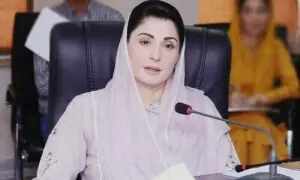
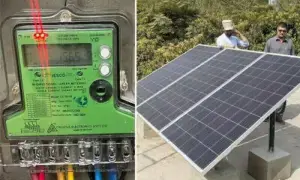

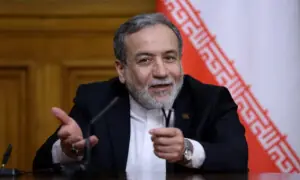
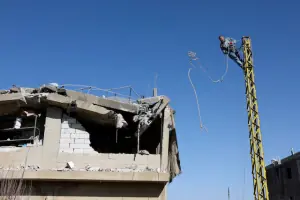

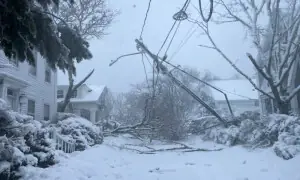


Comments are closed on this story.